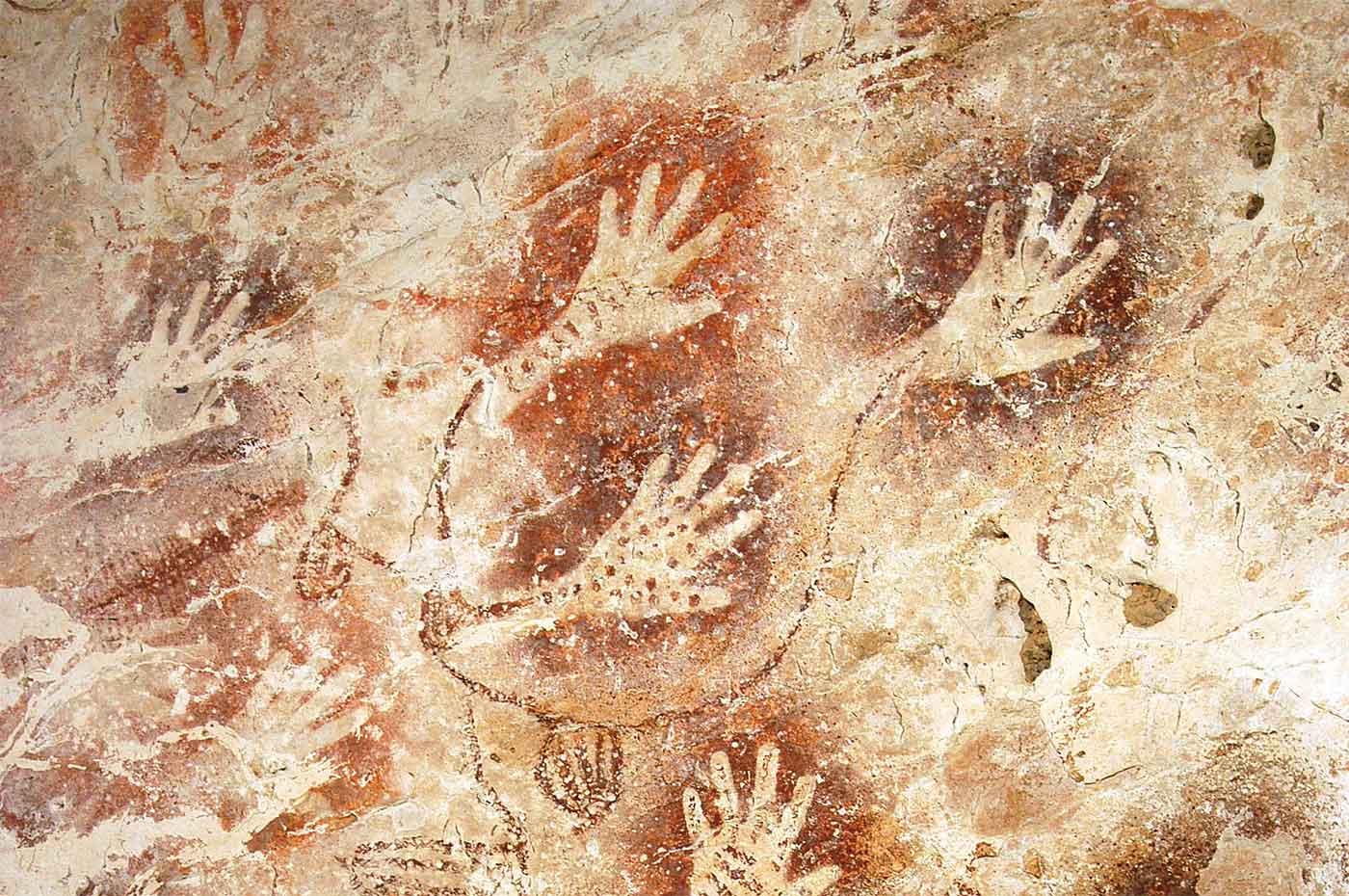Mary Yoko Brannen on ethnographic thinking and contexts of organizational cultures
The O'Reilly Radar Podcast: Organizational cultural identity, HELP systems, and the end of English as the lingua franca.
 GuaTewet tree of life, Borneo, Indonesia. (source: Wikimedia Commons)
GuaTewet tree of life, Borneo, Indonesia. (source: Wikimedia Commons)
O’Reilly’s Jenn Webb sits down with Mary Yoko Brannen, the president and CEO of CLIA Consulting, the Jarislowsky East Asia (Japan) chair at the Centre for Asia Pacific Initiatives, and a professor of international business and research director at the University of Victoria Gustavson School of Business.
Brannen is an expert in ethnomethodology and qualitative studies of complex cultural organizational phenomena. She spends a lot of time focused on how changing cultural contexts affect technology and how to leverage cultural identity in the global workplace. We unpack all that in this episode and talk about how her proposed “ethnographic thinking” approach can address language and culture gaps in the global marketplace.
Here are a few highlights from our chat:
I’m an organizational anthropologist. What does that mean? It means that, like anthropologists study far-away tribes, I study organizations as if they were tribes. I’m interested in organizational culture, and how organizational culture combines with national cultural differences, as well as occupational cultural differences, and how people can integrate those and work together.
Ethnographic thinking may sound a little bit like another buzz word, like ‘design thinking,’ but the difference is that, first of all, if you just take the word ‘ethnograph.’ ‘Ethno’ means people. ‘Graph’ is documenting. It’s really documenting the day-to-day life of people. You do so by observing what the people that you’re interested in as an organization do. … You document, for example, how the user lives with the product or the service that you’re engaged in making. Rather than pushing a product onto the consumer, you think about, ‘Okay. How is the consumer going to engage with the product?’ You do much more of a deep dive into the day-to-day life. Then, you would design whatever your service or your product is to fit in with the everyday life of the consumer. Going much deeper into understanding their context.
I work a lot with mergers and acquisitions, and integrating cultures — different national cultures as well as organizational cultures. I guess, the most important advise that I would have is that culture is a really big thing. I like to use an acronym for culture which kind of helps people understand the severity of changing it. I see culture as a HELP system: Habits, Expectations, Language, and Perceptions. Different cultures have different HELP systems. When you’re talking about changing a culture, you’re talking about changing the person’s HELP system. It’s a big deal.
I think there’s a really big change [in the corporate landscape]. First of all, I think that the dominance of the West is no longer the case. We’re shifting from the West to the East in terms of transferring knowledge, to the East to the West and South to North more. That’s a very big change. When we talk about Latin America, when we talk about Asia, we’re talking about collectivist societies. Societies that are very, very different than our own in the West. Societies where people think more about group, and have different ways in which they manage groups. They don’t think about self-actualization as the pinnacle on Maslow’s Needs Hierarchy. Managing and collaborating with people that, again, have a very, very different HELP system is extremely important. At the same time, English as a lingua franca is not going to be around for much longer. We’re going to have multilingual organizations, where sidebars in Chinese, sidebars in Spanish are going to be much more of the norm.
Subscribe to the O’Reilly Radar Podcast: Stitcher, TuneIn, iTunes, SoundCloud, RSS
